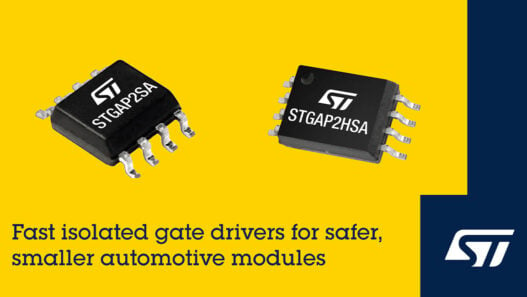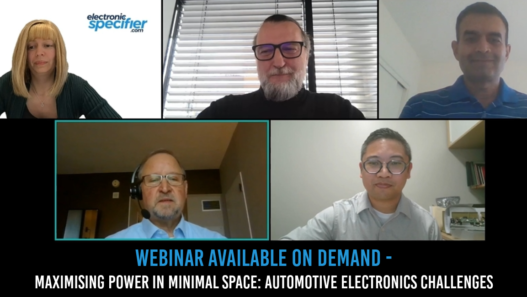The draft versions of research collaboration with highly distinguished partners come from the fields neurology, imaging, energy conversion, quantum technologies and the investigation of the universe.
“The topics of the successful draft proposals excellently reflect the diverse range of cutting-edge research at TUM,” said Prof. Wolfgang A. Herrmann, President of TUM. “And what’s more: The numerous cross-departmental partnerships in the draft proposals prove that we live and breathe interdisciplinarity. We fulfill the prerequisites to be completely convincing in the next round with the best combination of specialised brilliance, coherent research programming, interdisciplinary qualities and internationality.”
The detailed proposals have to be formulated by February 2018. Only those universities which will be successful with at least two Excellence Clusters in the second selection round are eligible to compete for additional funding as a University of Excellence.
As announced today by the German Research Foundation (DFG), TUM was successful with these topics in the pre-selection round, in four cases jointly with the LMU Munich:
- The “IMAGINE” cluster will investigate machine learning in bio-medical imaging and medicine. Leading scientists from medicine, informatics, mathematics, the engineering sciences, and natural sciences are working to use new imaging technologies and algorithms to improve the prevention, diagnosis and treatment of cancer and other diseases.
- The cluster for Systems Neurology (“SyNergy”) will investigate the way in which neurological illnesses such as Multiple Sclerosis arise. The focus is not on one individual cause, but rather on the interaction of a variety of different factors.
- The methods of modern material sciences make it possible to characterise and construct materials exactly down to the level of the atom and to precisely investigate chronological processes down to the order of femto-seconds. The cluster “e-conversion” will use these methods to create the foundation for further increases in efficiency and new applications with an enhanced understanding of microscopic excitation and energy conversion processes.
- Due to the continuing progress of miniaturisation, in the meantime quantum-mechanical effects play an important role in almost every area of technology. The “Munich Center for Quantum Science and Technology (MCQST)” wants to drive progress in the understanding of the principles of quantum science in order to develop the next generation of quantum-based devices and sensors. The field of quantum science combines research from physics, mathematics, informatics, material science, chemistry, and cosmology.
- Understanding the development of the universe from the Big Bang to the appearance of life remains one of the great and most difficult scientific challenges. In the cluster “ORIGINS: From the Origins of the Universe to the First Building Blocks of Life” researchers from biophysics, astrophysics, and particle physics will investigate the most internal structures and history of the universe.
A particular strength of the Munich proposals also derives from the combination of expertise at the two major state universities TUM and LMU, including the Max-Planck and Helmholtz Institutes.
In the first round the selection was made by a 39-member international expert committee. 88 of the 195 draft proposals submitted were selected and have the chance of winning final approval in September 2018.







